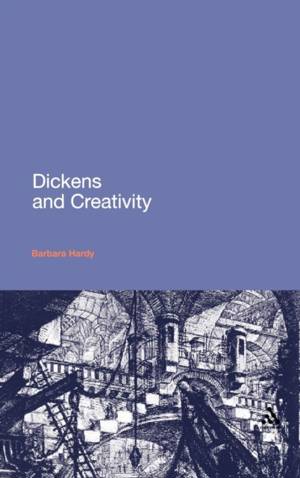
- Retrait gratuit dans votre magasin Club
- 7.000.000 titres dans notre catalogue
- Payer en toute sécurité
- Toujours un magasin près de chez vous
- Retrait gratuit dans votre magasin Club
- 7.000.0000 titres dans notre catalogue
- Payer en toute sécurité
- Toujours un magasin près de chez vous
Description
Charles Dickens's experience and imagining of creativity is at the heart of his self-awareness, subject-matter and narrative. His intelligence works intuitively rather than conceptually and ideas about imagination often emerge informally in personal letters and implicitly through characters, language and story. His self-analysis and reflexive tendency are embedded in his styles and forms of narrative and dialogue, images of normality, madness, extremity, subversion and disorder, poetry and inter-textuality, anticipating and shaping the languages of modernism, influencing James Joyce and Virginia Woolf as well as traditionalists like H.G. Wells and Evelyn Waugh.
Discussing Dickens's novels and some of his letters, sketches, essays and stories, Barbara Hardy offers a fascinating demonstration of creativity.
Spécifications
Parties prenantes
- Auteur(s) :
- Editeur:
Contenu
- Nombre de pages :
- 200
- Langue:
- Anglais
Caractéristiques
- EAN:
- 9780826495266
- Date de parution :
- 24-09-08
- Format:
- Livre relié
- Format numérique:
- Genaaid
- Dimensions :
- 156 mm x 234 mm
- Poids :
- 453 g

Les avis
Nous publions uniquement les avis qui respectent les conditions requises. Consultez nos conditions pour les avis.






